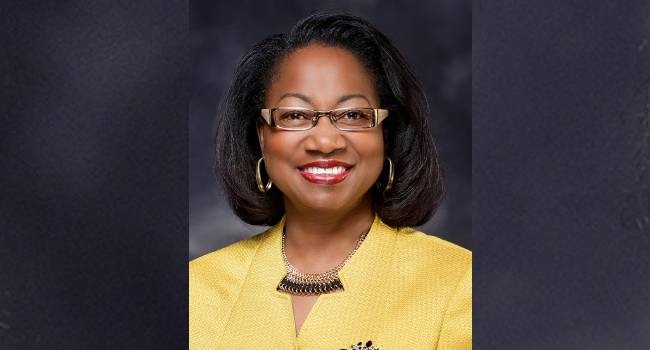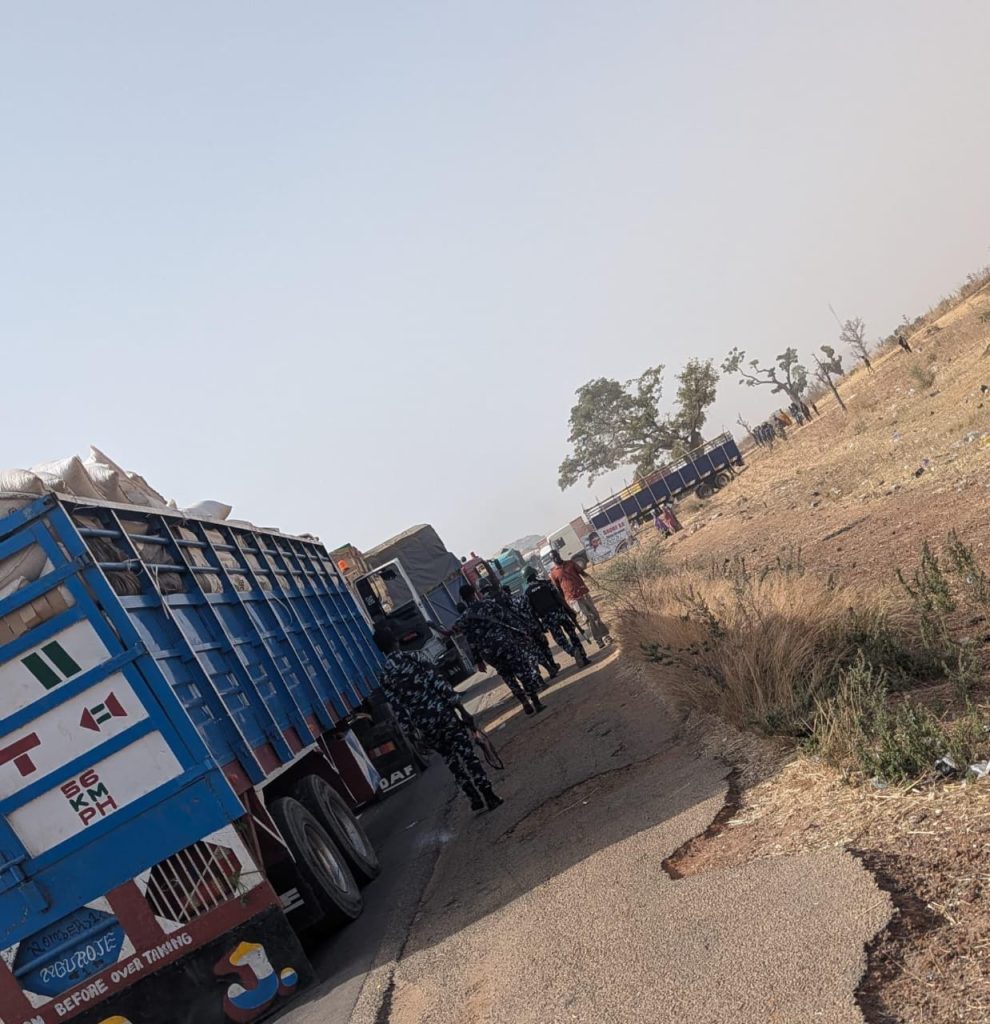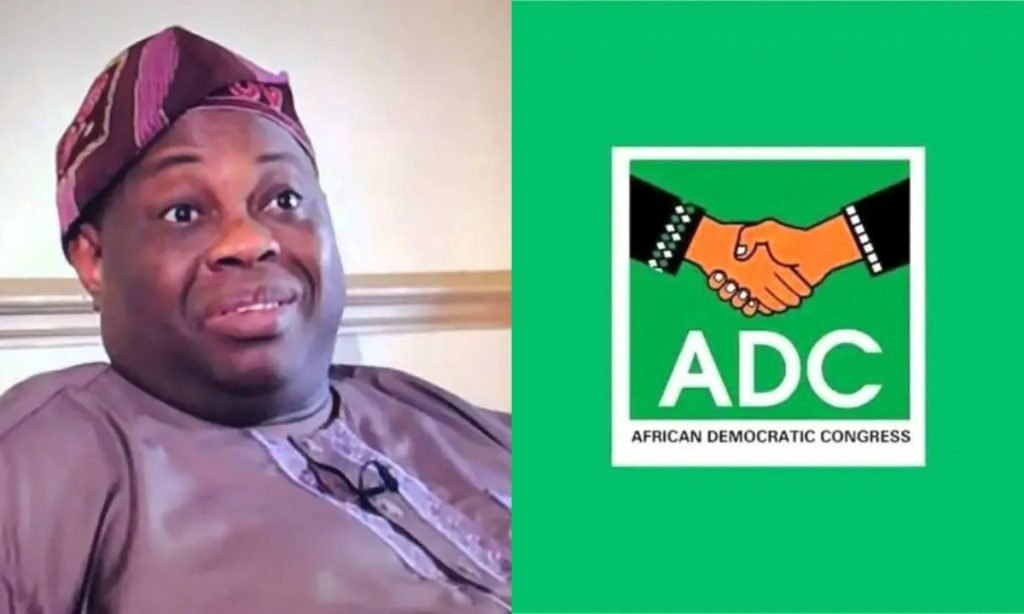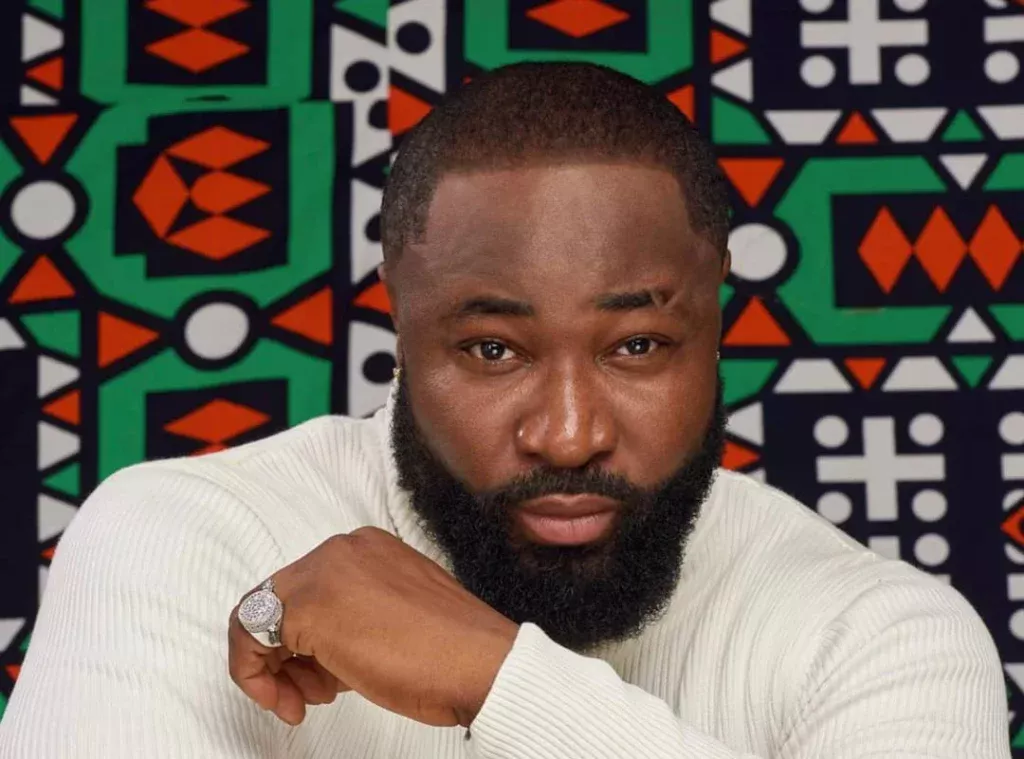Nigeria’s New Nigerian Peoples Party (NNPP) Chieftain, Buba Galadima, has clarified that the party’s former presidential candidate will not be joining forces with the ruling All Progressives Congress (APC). In an interview on Channels TV’s Politics Today program, Galadima cited the federal government’s contentious decision to appoint two emirs in Kano as a primary reason for the party’s stance.
Galadima expressed frustration with the federal government’s actions, stating that the appointment of two emirs in one town is a clear example of overreach. “Why can’t we Nigerians look at issues dispassionately?” he asked. “How can Kwankwaso be a friend of the APC with what they are doing to us in Kano?” He emphasized that the federal government’s actions are an affront to the state’s authority, questioning who is responsible for appointing and paying the emir’s salary.
The NNPP chieftain further claimed that the federal government has essentially created a parallel emirate in Kano, with not less than 40 pickup trucks filled with mobile police guarding their own emir. According to Galadima, this move is an attempt to exert control over the state and undermine its autonomy. He pointed to a Federal High Court ruling, which he believes supports his assertion that the federal government’s emir is, in fact, a federal appointee.
Galadima’s comments highlight the deepening divisions between the NNPP and the APC, as well as the ongoing power struggles between the federal government and individual states in Nigeria. The controversy surrounding the appointment of two emirs in Kano has sparked heated debates about state autonomy, federal authority, and the role of traditional institutions in the country’s governance structure.
As the NNPP continues to distance itself from the APC, Galadima’s statement underscores the party’s commitment to defending its values and protecting the interests of its constituents. The ongoing tensions between the two parties will likely have significant implications for Nigeria’s political landscape, particularly in the lead-up to future elections.



